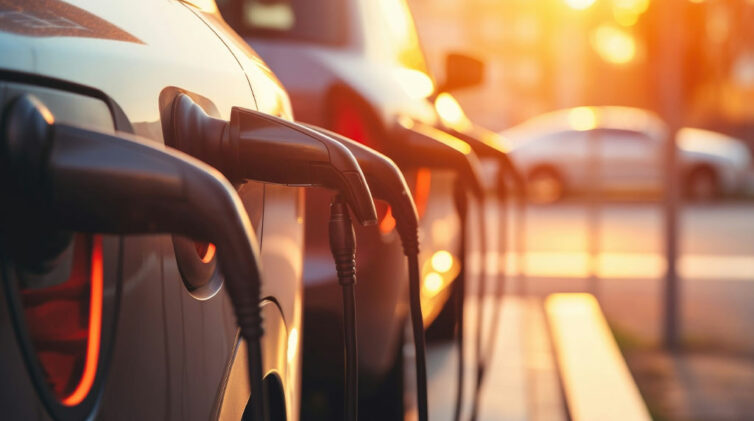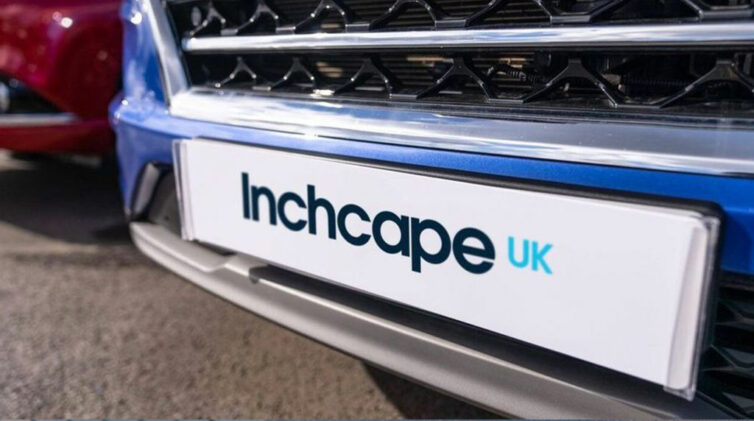H2I Technology is raising funds to bring to market by the fourth quarter this year its hydrogen injection enhancement kits for existing engines.
It claims the kits can reduce emissions by 30 per cent and improve fuel economy by 20 per cent.
H2I Technology managing director David Vinson told GoAutoNews Premium that the first commercial product will be for stationary engines such as generators, mining equipment and pumps. Its current testing is being done on a 250Kva generator.
“Following this, the next steps will be heavy equipment such as dozers and excavators, then heavy vehicles, which, subject to R&D results, will be commercially available between Q4 2022 to Q1 2023,” he said.
Mr Vinson said that his company would provide enhancement kits to existing diesel engines.
“Once commercialised, the enhancement kits will see quick industry uptake as they create a carbon-reduction solution that cuts user costs and leverages legacy assets,” he said.
“This means potential customers will not have to reinvest in new infrastructure, while also extending its operational life and optimising their efficiency.”
“One of the key advantages is the ability to inject hydrogen without replacing the engine, cut user costs and extend its life expectancy, which will be an important selling-point for future customers.”
H2I is betting on the fast tracking of hydrogen as a fuel. Hydrogen gas is increasingly being promoted and the development of production facilities and infrastructure is expanding.
Fuel supplier Viva, which operates Coles Shell outlets, is opening a heavy vehicle (truck, bus and similar) fuel station in Geelong next year and mining company Fortescue has it available for some of its machinery on its mine sites in the north-west of WA.
The system injects hydrogen alongside the diesel fuel into a diesel engine. Mr Vinson said the ratio varies depending on the engine type and application and details of the mix is proprietary information.
“We believe our injection system will be applicable to petrol engines once more R&D is complete,” he said.
H2I is not alone in offering hydrogen enhancement kits. Clean Air Power in the UK has its kits available for more than 25 years.
Mr Vinson said the H2I system is different and more effective than its rivals.
“Early results have shown ours can enhance an internal-combustion engine to improve fuel consumption by 20 per cent, reduce emissions by 30 per cent and potentially extend its life,” he said.
“The final details will be available after completion of the testing program and the commercial prototype is available.”
He said pricing for the kit was being finalised and that once complete “we will have a more accurate understanding of the cost to consumers.”
To finance the development, H2I Technology is aiming to raise an initial $400,000 to pave the way for commercialisation of the kits. The funds are being raised through online trading platform VCEX.
Clean Air Power has recently expanded its range of hydrogen injection systems which includes the direct-injection DigiJet H2ICE that digitally controls hydrogen gas flow into engines.
DigiJet products are made for a wide range of industries including on-road, off-highway, rail, maritime and motorsport.
It said that the new hydrogen injectors don’t require lubricant which helps address the challenges of delivering hydrogen into the combustion chamber of an engine, as well as assisting the increasing move away from fossil-fuel dependence.
By Neil Dowling













 Read More: Related articles
Read More: Related articles

